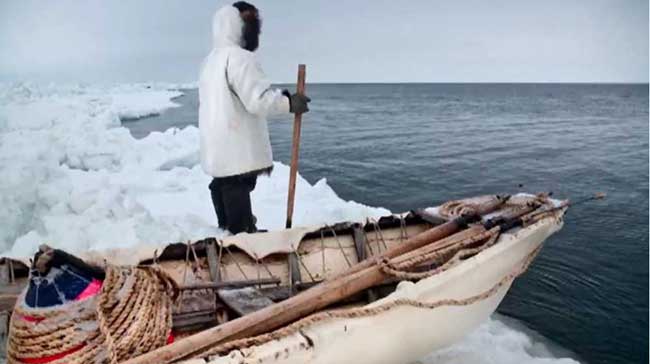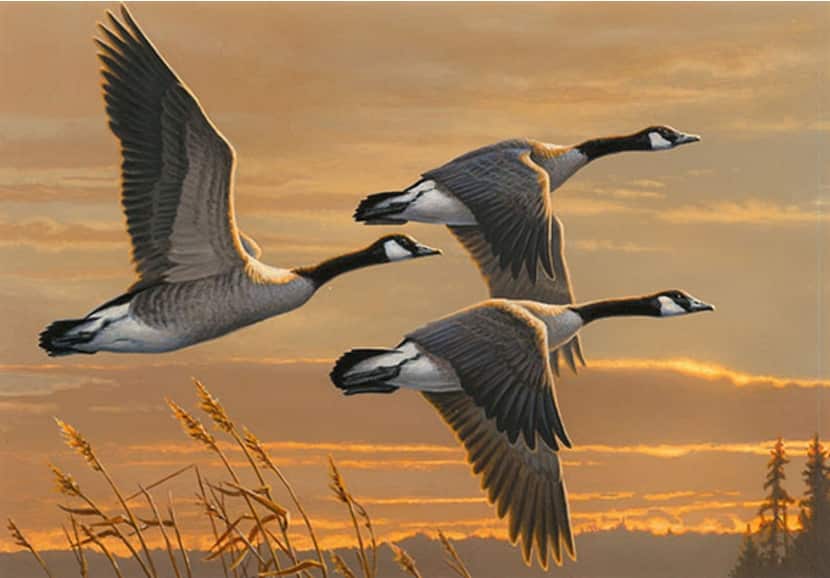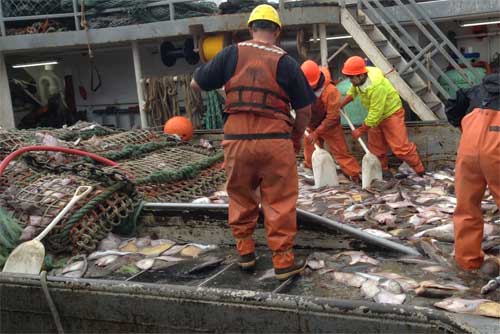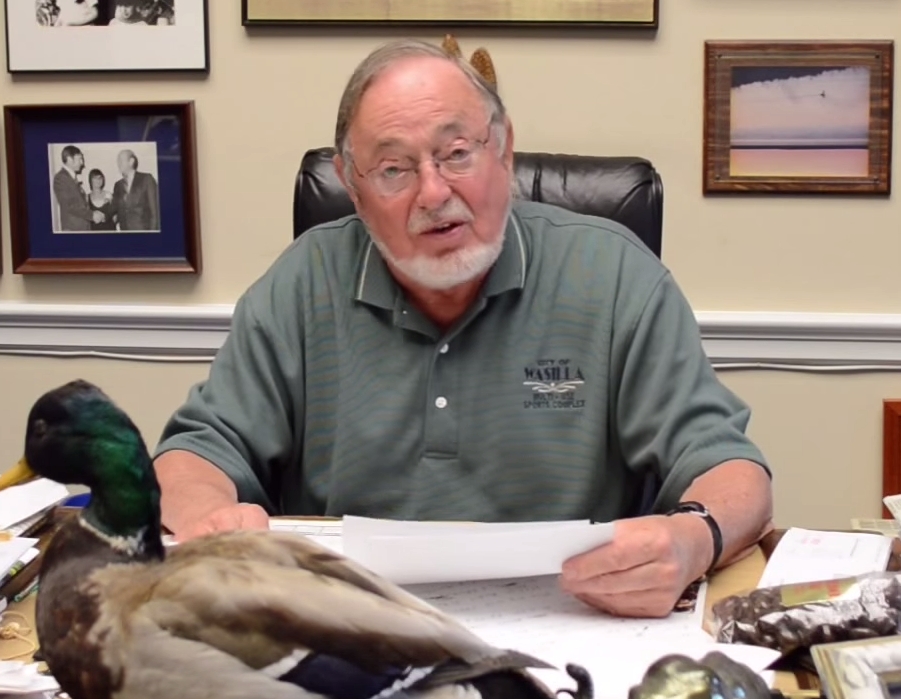
Washington, D.C. – Senior member of the House Natural Resources Committee, Alaskan Congressman Don Young, today moved two pieces of legislation through committee that would directly impact the traditional way of life and subsistence needs of Alaskans.
During a House Natural Resources Committee markup today, Congressman Young successfully amended H.R. 5069, the Federal Duck Stamp Act of 2014, to exempt subsistence hunters in Alaska from being required to purchase the stamp. The amendment works to reverse a policy decision made by the Department of Interior that required subsistence duck hunters to purchase the federal duck stamp.
“For years, subsistence users in Alaska were not required to purchase a duck stamp, but this changed due to a recent Solicitor’s opinion,” said Congressman Don Young. “The exemption in my amendment would apply to Alaskan subsistence hunters residing in rural areas, many of which are impoverished and have little to no cash economies. The fact remains that not a single dollar generated by the duck stamp is spent in Alaska. And while that point is compelling on its own, the real issue is that subsistence hunters are not sport hunters. While I support raising the price of the duck stamps for sportsmen, myself included, we should not place additional burdens on individuals who rely on subsistence hunting as a means to feed their families.”
Congressman Young believes that in addition to placing additional burdens on hunters who depend on the resource as a vital food supply, this added requirement would disproportionately impact individuals residing in small Alaskan villages, who often face difficulty in obtaining a federal duck stamp due to limited Internet access or the lack of post offices.
The House Natural Resources Committee also unanimously approved Congressman Young’s legislation, H.R. 3109, to address the sale of Alaska Native artwork containing non-edible migratory bird parts. The legislation comes following an incident involving a celebrated Tlingit artist who was cited in 2012 by the U.S. Fish and Wildlife Service for using feathers in art intended for sale.
“Creating traditional handicrafts containing bones, feathers, and other non-edible bird parts have been common practice in the Alaska Native culture thousands of years,” said Congressman Young. My legislation today would recognize the legitimate subsistence needs of Alaska Natives by allowing the sale of handicrafts that include these parts. What may seem like a minor issue to some, this legislation holds great importance for a number of Alaska Native people and their traditions, and I’m proud that we have been able to take the appropriate steps in the House to correct this subsistence need.”








